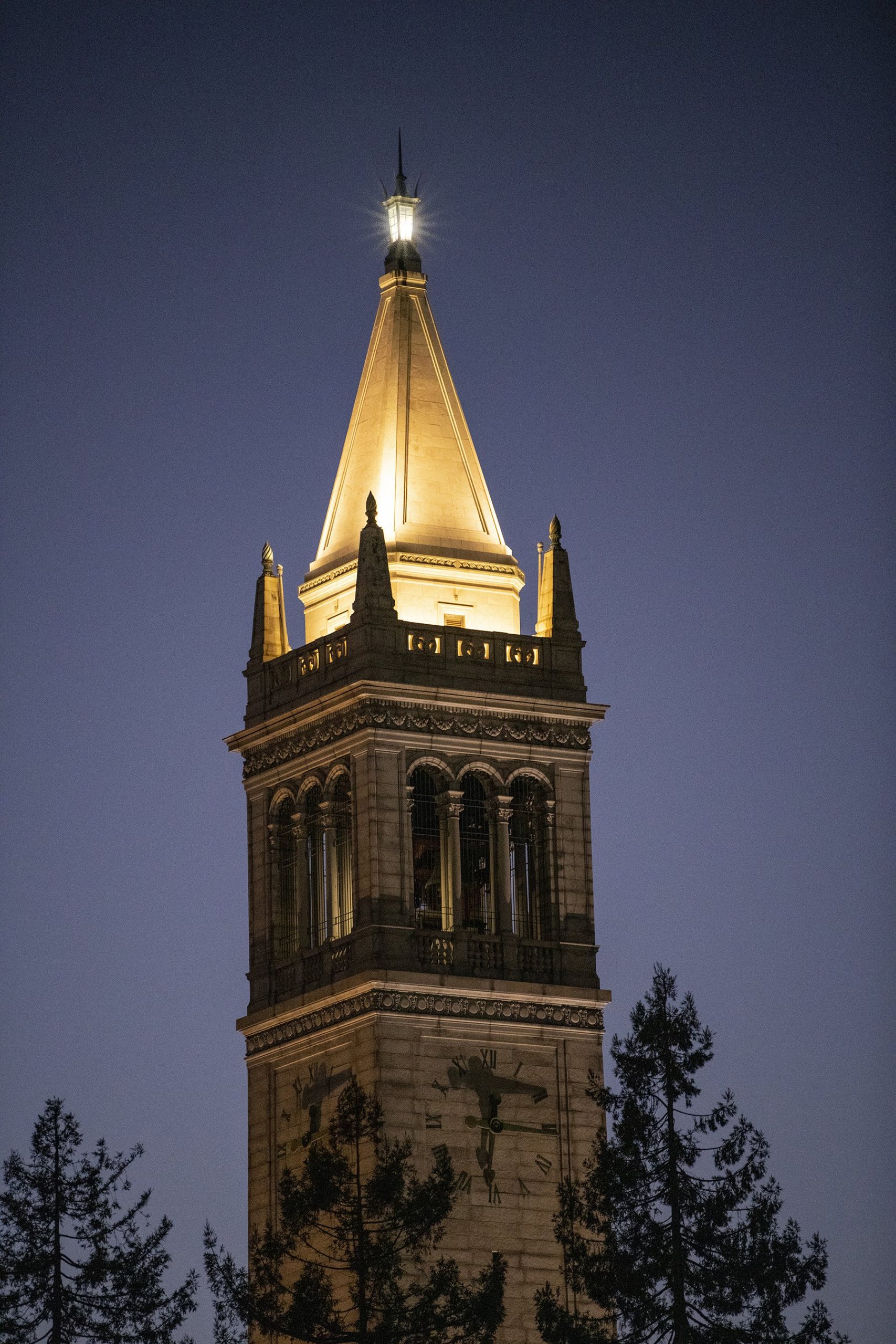Author: Chris Hoofnagle
-
UCOP, Campuses Must Provide Free Speech, Climate Report
California’s budget bill specifies that UC campuses must issue a climate report on free speech, or risk losing $25 million in funding. The relevant portions of the bill are pasted below. 34. It is the intent of the Legislature that the University of California foster freedom of expression and the free exchange of ideas that…
-
Stanford tweaks institutional neutrality policy
According to the Stanford Report, the campus tweaked its institutional neutrality and free speech policies. The new institutional policy reads: When speaking for the institution, Stanford University leaders and administrators should not express an opinion on political and social controversies, unless these matters directly affect the mission of the university or implicate its legal obligations.…
-
Harvard FAS will replace DEI statements with service statement
The Crimson reports that Harvard’s Faculty of Arts and Sciences will no longer require DEI statements of faculty candidates: [Dean of Faculty Affairs and Planning] Zipser wrote that she and FAS Dean Hopi E. Hoekstra “made this change in response to feedback from numerous faculty members” who expressed concern that existing requirements were “too narrow…
-
Harvard didn’t plagiarize Chicago’s Kalven approach
In the Report on Institutional Voice in the University, the Institutional Voice working group wrote, the “university and its leaders should not…issue official statements about public matters that do not directly affect the university’s core function.”
-
Citing Free Expression, Efficacy, MIT Drops DEI Statements
MSN reports: “MIT will no longer require diversity statements in its faculty-hiring process, making it the first elite university to abandon the practice.” MIT President Sally Kornbluth told the National Review, “We can build an inclusive environment in many ways, but compelled statements impinge on freedom of expression, and they don’t work.” This is significant…
-
Fish’s view of the role of the university
Stanley Fish writes in the Lamp: Nothing in our charters, employment contracts, or compliance requirements directs us or authorizes us to play a role on the world’s stage. No applicant for a position is asked to produce political credentials; the credentials you must produce are academic. What training have you had in the field in…
-
Kennedy on DEI Statements
Harvard Law’s Randall Kennedy writes in the Crimson that DEI statements create a ideological litmus test: By overreaching, by resorting to compulsion, by forcing people to toe a political line, by imposing ideological litmus tests, by incentivizing insincerity, and by creating a circular mode of discourse that is seemingly impervious to self-questioning, the current DEI…
-
Bar-Yoshafat Event Held Without Incident
The Los Angeles Times reports: Three weeks after violence broke out at a private event organized by Jewish student groups at UC Berkeley and protested by pro-Palestinian demonstrators, the speech took place Monday and unfolded without issue.
-
Pamela Paul on Institutional Neutrality
Pamela Paul writes in the New York Times: The temptation for universities to take a moral stand, especially in response to overheated campus sentiment, is understandable. But it’s a trap. When universities make it their mission to do the “right” thing politically, they’re effectively telling large parts of their communities — and the polarized country…
-
Statement on Return Event for Ran Bar-Yoshafat
Executive Committee Statement We write as Berkeley faculty in response to the news that several student groups plan to host the Israeli speaker Ran Bar-Yoshafat for a return visit on Monday, March 18. Our group has no position on the Israeli-Palestinian conflict, but we are committed to defending free expression on campus. The last time…
